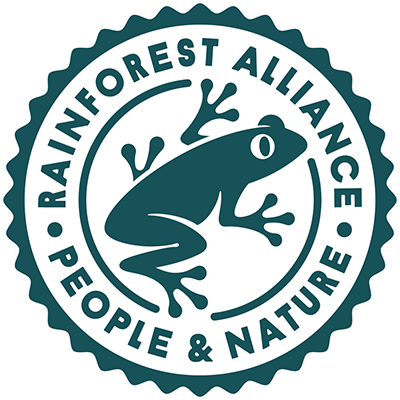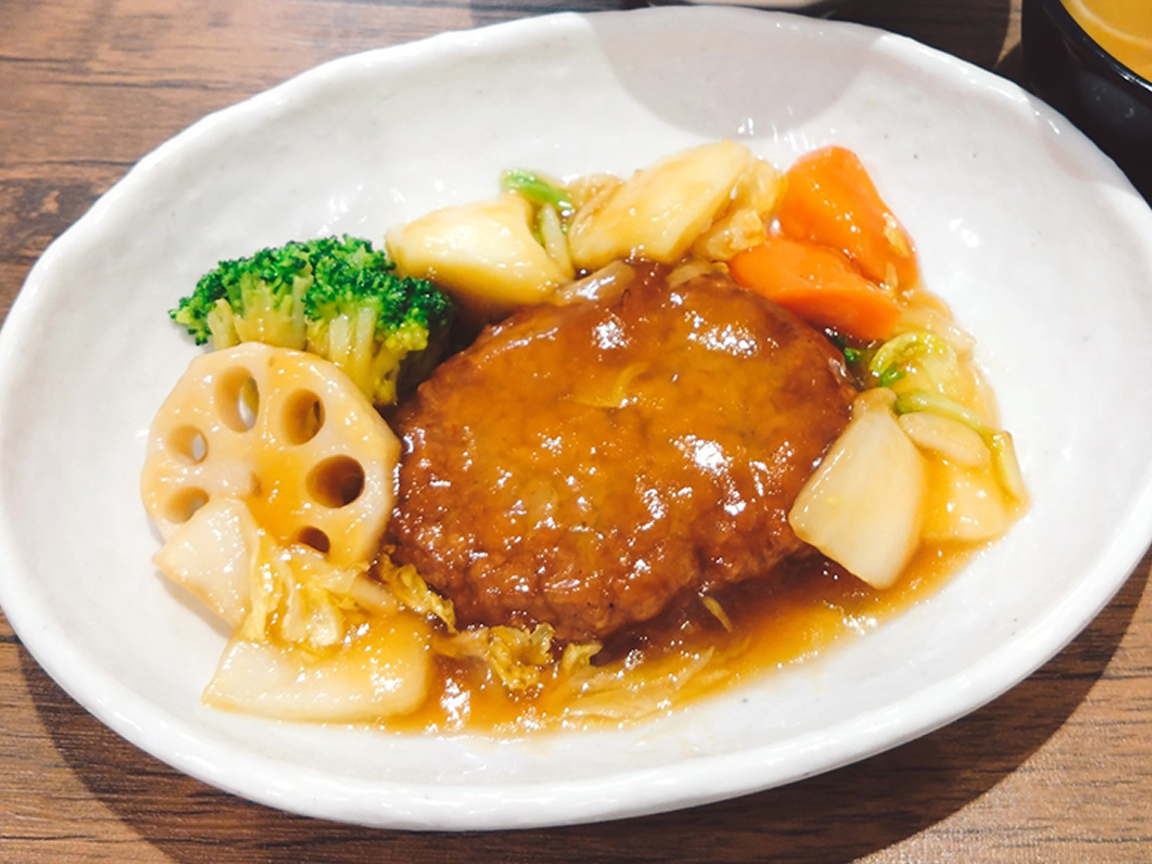Sustainable Ingredient Procurement
Sustainable Ingredient Procurement
Colowide Group Procurement Policy
In line with our corporate philosophy, “All for our Customers and Employees” we strive to engage in procurement activities that ensure safety and security while also considering human rights and environmental impact, together with our suppliers who support our supply chain. Through these efforts, we aim to maintain stable procurement and fulfill our social responsibility toward a sustainable society.
- 1.Compliance
- We comply with the laws and social norms applicable in the countries and regions where we conduct procurement activities and eliminate any relationships with anti-social forces.
- 2.Safety, Security, and Quality
- We conduct procurement activities in accordance with the Food Sanitation Act and other relevant laws to ensure the safety, security, and quality of our products. Additionally, we strive to maintain traceability and provide appropriate information.
- 3.Respect for Human Rights
- We are committed to eliminating any form of human rights violations throughout the supply chain, such as forced labor and child labor.
- 4.Environmental Consideration
- We strive for the sustainable and efficient use of resources, reduction of food loss, conservation of biodiversity, and maintenance of ecosystems. Through these efforts, we work to minimize environmental impact and promote a circular economy.
- 5.Building Partnerships
- We foster mutual understanding and trust with our suppliers to build partnerships that support mutual prosperity and coexistence.
Initiatives
-
Expansion of Plant-Based Food (PBF) Usage
Plant-Based Foods (PBF), in addition to the global rise in health consciousness, are gaining attention as ingredients that complement and substitute animal-based foods such as meat and dairy products, which are associated with CO2 emissions.
From the perspective of promoting sustainable ingredient procurement, our Group is committed to increasing the use of PBF. At COLOWIDE MD's Kanagawa Central Kitchen, a new dedicated production line for PBF has been added. Starting in 2023, PBF shipments to various Group businesses have begun, and efforts are being made to expand usage across the entire Group.
【Example of Soy Meat Menu】
■FRESHNESS BURGER
・Soy Patty as a substitute for regular patty (free of charge)
■Steak MIYA
・Soy Meat Hamburger as a replacement for Homemade Hamburger
■Catering service business
・Soy Meat Hamburger (Teriyaki Sauce, Demi-glace Sauce, Chinese-style Starch Sauce, etc.)
■Shareholder Benefit Product
・Soy Meat Gaprao Rice
・Soy Meat Ethnic Minced Meat Curry
・Soy Meat Taco Meat
*Please note that the menu items are subject to change or discontinuation without prior notice.
-
Use of Land-based Aquaculture Fish
Land-based aquaculture is a method of farming seafood in artificial environments created on land. It is characterized by its low environmental impact and high safety against parasites.
The COLOWIDE Group actively utilizes land-based aquaculture seafood in our conveyor-belt sushi brands, such as Kappa Sushi and Nigiri no Tokube, from the perspective of ocean resource and environmental conservation, as well as food safety and security.Use of Free-Range Eggs
From the perspective of sustainable ingredient procurement, we are utilizing free-range eggs in some of our business operations. Free-range farming is a method where chickens are allowed to roam freely on the ground, in contrast to the traditional caged farming.
Silsmaria, which manufactures and sells Western-style sweets such as "Nama-Choco" Ganache, began using free-range eggs in the production of roll cakes, pound cakes, and madeleines starting in 2023.Recommendation for the Use of Certified Products
At various Group restaurants, including "La Pausa" and "Steak MIYA," we actively use coffee beans from Rainforest Alliance certified farms.
Through the use of products certified by this program, the COLOWIDE Group supports efforts toward achieving a sustainable society, including the conservation of forests and natural resources, as well as promoting healthy working environments for producers and workers.*What is Rainforest Alliance Certification?
The Rainforest Alliance Certification is a comprehensive certification program designed to promote more sustainable agriculture. Farms that are certified through this program undergo an independent third-party assessment, and must comply with strict criteria based on the three pillars of sustainability: social, economic, and environmental standards.
For more details, click here. 
-
Capital Participation in Agricultural Corporation
In 2023, the Group made a capital investment in Vegefru Farm Co., Ltd., an agricultural production corporation, to ensure stable procurement of fresh produce and contribute to sustainable agriculture. Amid challenges such as the rising cost of raw materials due to climate change, we are working together to optimize the supply chain from production to manufacturing for fresh produce.









